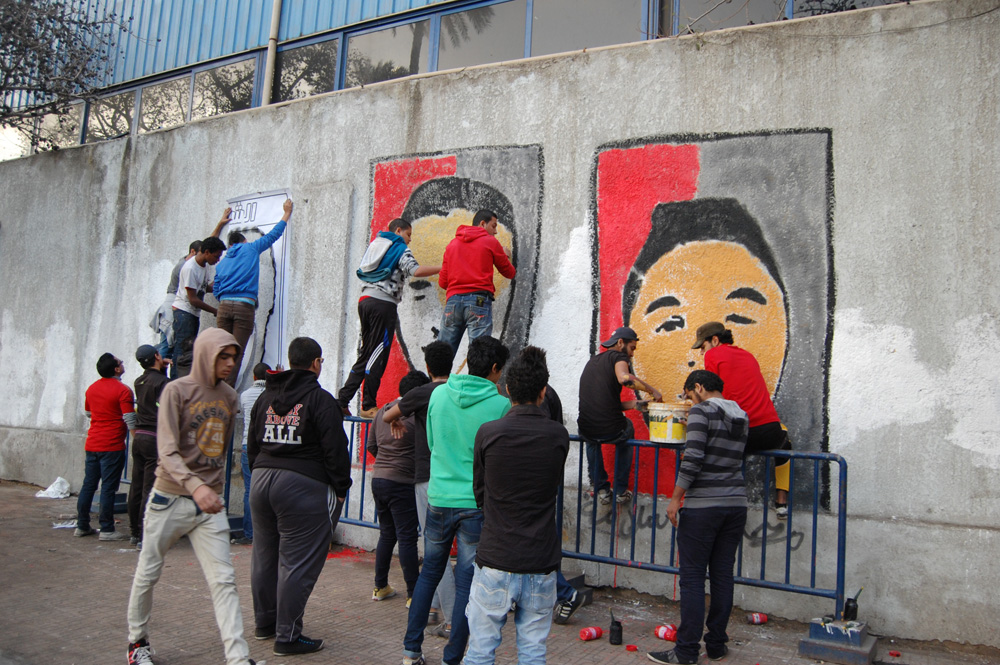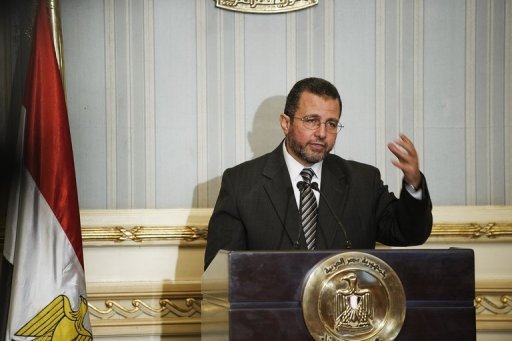By Nourhan Badawy
The Cairo Criminal Court published its reasoning behind its verdict in the “Marriott Cell” case, which saw three journalists from Qatari satellite network Al Jazeera handed three-year prison sentences.
The court said: “The accused journalists broadcast false news on purpose, in order to support the Muslim Brotherhood group and sabotage Egypt’s stability, giving up their media neutrality.”
On 29 August, the court issued a final verdict after a year-long retrial of the three Al Jazeera journalists in the “Marriott Cell” case, Peter Greste, Baher Mohamed, and Mohamed Fahmy. The three had been on trial alongside at least 20 other defendants who were charged with belonging to the Muslim Brotherhood.
The court’s reasoning added that Qatar had created a special channel called “Al Jazeera on Air”, to work on toppling the Egyptian regime and highlighting the Muslim Brotherhood. The channel, it was claimed, went from gaining support from certain groups to fabricating and twisting facts.
Al Jazeera assigned one of the accused journalists, Peter Greste, who was deported back to his native Australia at the beginning of the year, to produce a report framing the “Tamarod Campaign”, which mobilised awareness against the Muslim Brotherhood in 2013.
According to the court’s reasoning, Al Jazeera staff reporters also filmed Tahrir Square during the 30 June uprisings from an angle that deliberately made it look empty. The channel was also alleged to have stalked sexual harassment cases that occurred during the protests, in order to highlight them.
Greste reportedly told the court during the trial sessions that he entered Egypt on a visitor visa, then worked as a correspondent for Al Jazeera.
An Association of Freedom of Thought and Expression (AFTE) statement noted Egypt’s commitment to freedom of the press in its international obligations. AFTE also highlighted the Egyptian Constitution and the Press Law (No. 96/1996), of which the latter stipulates in Article 7 that “information spread by the journalist or his opinion should not be used as a tool to intercede with his security”.
Moreover, Article 19 of the International Covenant on Civil and Political Rights, which upholds the belief that all have the right to freedom of expression and that it may be subject to certain restrictions only when necessary, was mentioned.
The court mentioned that Fahmy established a media centre in cooperation with Mohamed, and breaking all laws by filming without a licence, and also in Marriott hotel, which was not the place decided by the government for them to film in.
The Al Jazeera journalists were among 20 other defendants tried on the same case.



